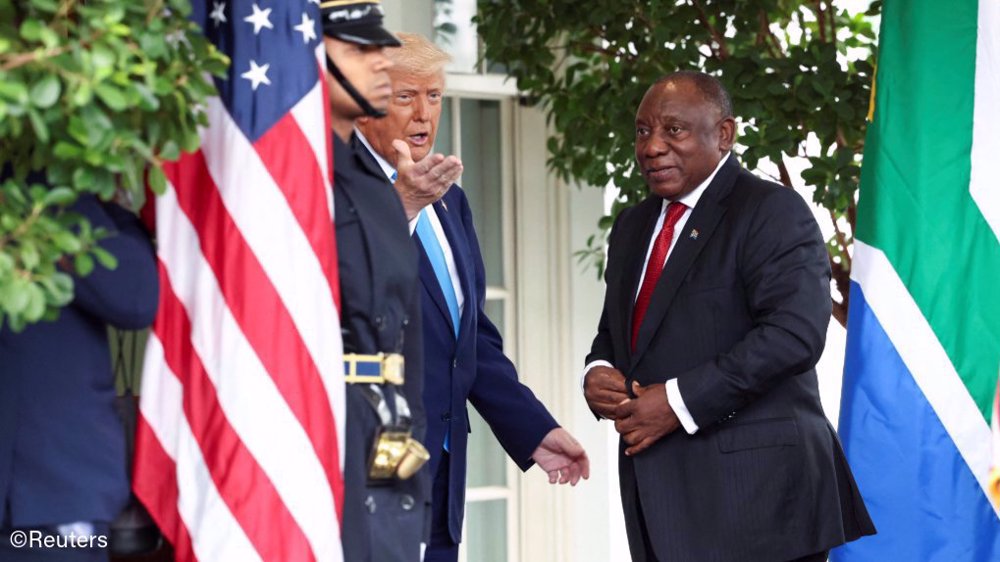US President Donald Trump’s controversial refugee policy aimed at white South Africans is raising questions among American diplomats about whether non-white minorities who face discrimination in the African country should be allowed to apply.
Trump signed an executive order in February, calling for the US to resettle Afrikaners—white South Africans descended mostly from Dutch settlers—whom he described as victims of “violence against racially disfavored landowners.”
In a diplomatic cable dated July 8, David Greene, the top US diplomat in South Africa, asked Washington whether mixed-race South Africans—known locally as “colored”—who speak Afrikaans, or other minority groups such as the Khoisan, could qualify for the program.
The response came from Spencer Chretien, the top official in the State Department’s refugee bureau, who said the program was intended only for white people, Reuters reported, citing sources familiar with the exchange.
So far, the US has resettled 88 South Africans under the program, with more expected soon. However, confusion remains over who exactly qualifies.
Since the executive order, US diplomats working to implement the program have been deliberating internally about which racial groups could be considered eligible.
The State Department, responding to media queries, later said the policy is broader than the guidance in Chretien’s email.
The department said Washington’s policy is to consider both Afrikaners and other racial minorities for resettlement, echoing guidance posted on its website in May stating that applicants “must be of Afrikaner ethnicity or be a member of a racial minority in South Africa.”
Still, internal debate continues. Greene’s cable outlined the country’s complex racial categories—created under apartheid—including Black, white, colored, Indian, and Jewish communities, and noted that some non-white families had already been resettled under the program.
Claims that white South Africans face discrimination from the Black majority have circulated in far-right circles for years and were even echoed by Elon Musk, the South African-born billionaire who briefly served as a top White House adviser during Trump’s early months in office.
Trump has publicly denied prioritizing Afrikaners because they are white.
“They happen to be white, but whether they are white or Black makes no difference to me,” he claimed in May.
Human rights experts, however, have described his administration’s refugee policy as a double standard.
They say that while Afrikaners—who continue to hold significant economic and political power in post-apartheid South Africa—are being granted resettlement on humanitarian grounds, many asylum seekers from Latin America, Asia, and the Middle East have faced deportations or prolonged detention under the Trump administration.
Blacks make up 81% of South Africa’s population, according to 2022 census data. Colored South Africans make up 8%, and Indians 3%. Afrikaners and other white South Africans constitute 7% of the population but own three-quarters of the privately held land in the country.
